A 2015 Connecticut law defines three tiers of evidence for programs operated by the Connecticut Departments of Correction, Children and Families, and Mental Health and Addiction Services, and the Court Support Services Division of the Judicial Branch: evidence-based, research-based, and promising. The law requires these agencies to categorize their programs by the evidence tiers in even-numbered fiscal years. Additionally, the law charges the Institute for Municipal and Regional Policy at Central Connecticut State University with submitting an annual report containing a cost-benefit analysis of the programs. In 2020, the report entitled Benefit-Cost Analyses of Evidence-Based Programs showed that 108 programs and services administered by the Judicial Branch’s Court Support Services Division and the Department of Correction were identified as evidence-based.
